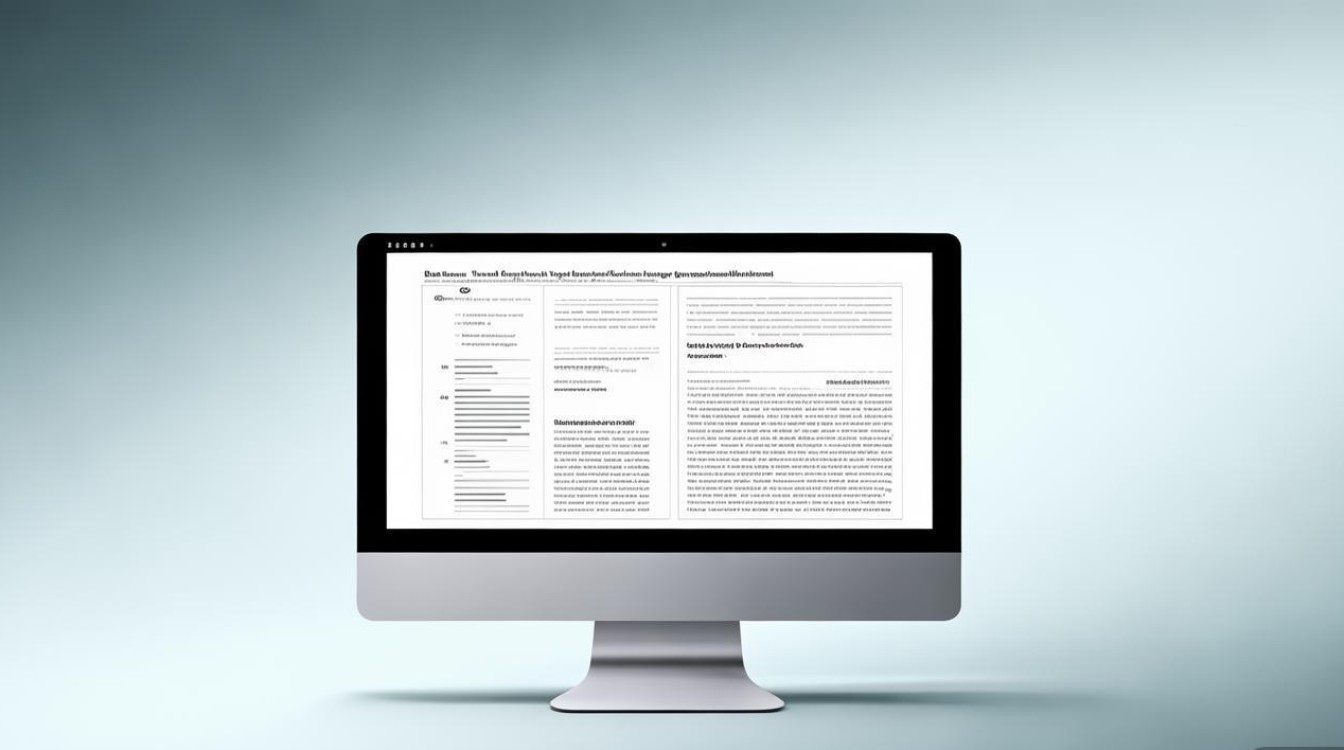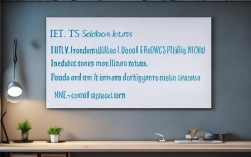Computer in IELTS Speaking
The topic of "computer" is a common theme in IELTS Speaking tests, as it reflects modern life, technology, and daily habits. Candidates are often asked about their usage, preferences, and opinions on computers, making it essential to prepare structured and detailed responses. This article explores key aspects of discussing computers in IELTS Speaking, including vocabulary, sample questions, and band-7+ answers.

Vocabulary for Computer-Related Topics
To excel in this topic, candidates should use precise and varied vocabulary. Below is a table of useful terms categorized by theme:
| Theme | Vocabulary |
|---|---|
| Hardware | Keyboard, mouse, monitor, CPU, SSD, RAM |
| Software | Operating system, application, antivirus, update |
| Activities | Browse, stream, code, video-call, download |
| Opinions | Indispensable, time-consuming, efficient, addictive |
Sample Part 1 Questions and Answers
In Part 1, examiners ask simple, personal questions. Here are two examples:
Q1: How often do you use a computer?
A: I use a computer almost daily, primarily for work and study. It’s become an indispensable tool for me, especially since I often need to write reports or research online. On average, I’d say I spend about 4-5 hours a day on it, though this increases during deadlines.
Q2: What do you usually do on your computer?
A: My activities vary depending on my needs. In the mornings, I check emails and browse news sites. In the afternoon, I focus on work-related tasks like using spreadsheets or designing presentations. Occasionally, I unwind by streaming movies or video-calling friends.
Sample Part 2 Cue Card
Describe a computer you use often.
You should say:
- What kind of computer it is
- When you got it
- What you use it for
- And explain why you use this computer frequently.
Answer:
The computer I use most frequently is a MacBook Air, which I purchased two years ago. It’s a lightweight laptop with a 13-inch screen and an M1 chip, making it incredibly fast and efficient. I primarily use it for my university studies, as it allows me to write essays, take notes during online lectures, and edit photos for projects.
What I love most about this device is its portability—its slim design means I can carry it to the library, cafes, or even during travel. The battery life is another standout feature; it lasts up to 12 hours on a single charge, which is perfect for long study sessions. Additionally, the macOS system is user-friendly, and the trackpad is responsive, enhancing my productivity.
I use this computer so often because it seamlessly blends performance with convenience. Whether I’m researching for assignments or attending virtual meetings, it never lags or overheats. Its reliability has made it an essential part of my daily routine, and I can’t imagine my studies without it.
Sample Part 3 Follow-Up Questions
Q1: Do you think computers will replace teachers in the future?
A: While computers offer incredible educational tools, I don’t believe they can fully replace teachers. Machines lack the emotional intelligence to understand students’ struggles or provide personalized motivation. For instance, a teacher can adapt their teaching style based on a student’s confusion, but a computer follows pre-programmed instructions. However, computers can supplement learning by offering interactive lessons or instant feedback, making education more accessible.
Q2: How has technology changed the way people work?
A: Technology has revolutionized the workplace by enabling remote work, automation, and faster communication. For example, cloud storage allows teams to collaborate in real-time across continents, while AI tools handle repetitive tasks like data entry. This shift has increased flexibility but also created challenges, such as the blurring of work-life boundaries. Overall, though, technology has made work more efficient and globalized.
FAQs
Q1: How can I improve my vocabulary for computer-related topics in IELTS Speaking?
A: Start by learning topic-specific words (like those in the table above) and practice using them in sentences. Watch tech-related videos or read articles to understand context. Additionally, mimic high-scoring sample answers to see how vocabulary is naturally incorporated.
Q2: What are common mistakes to avoid when talking about computers in IELTS?
A: Avoid vague statements like "I use computers a lot." Instead, provide specifics (e.g., "I use my laptop for 3 hours daily to code"). Also, don’t overcomplicate answers with jargon; focus on clarity and coherence. Finally, ensure your grammar is accurate, especially when discussing technical terms.











